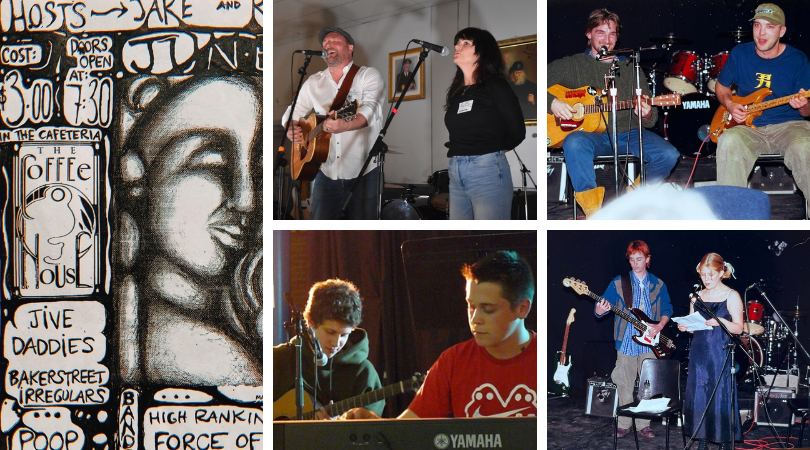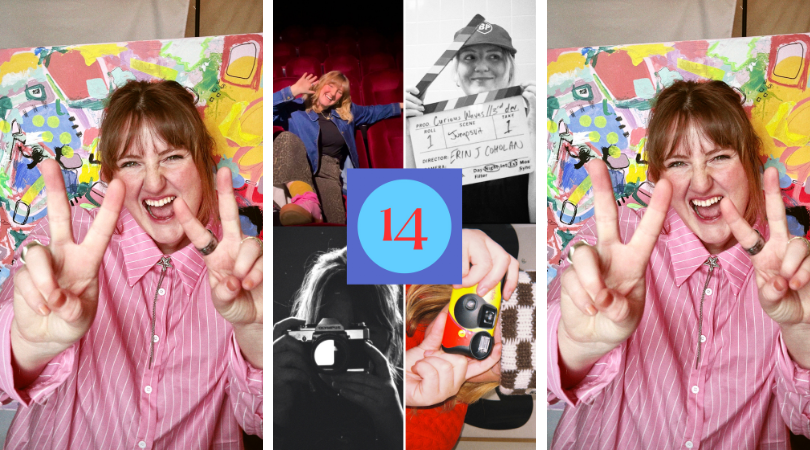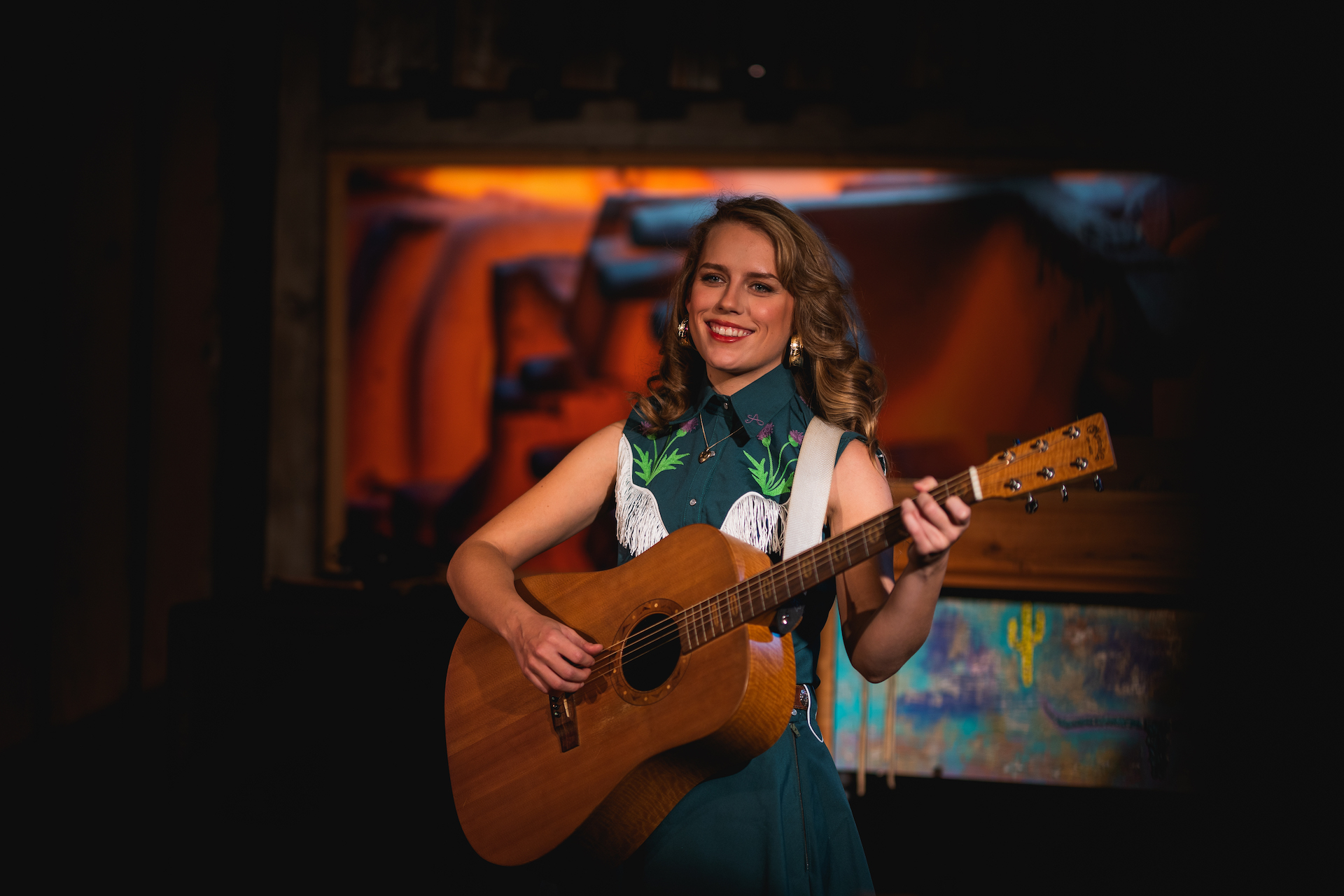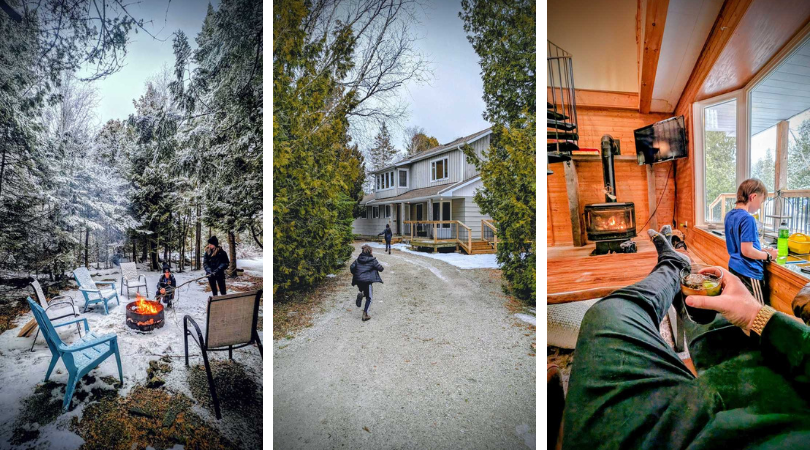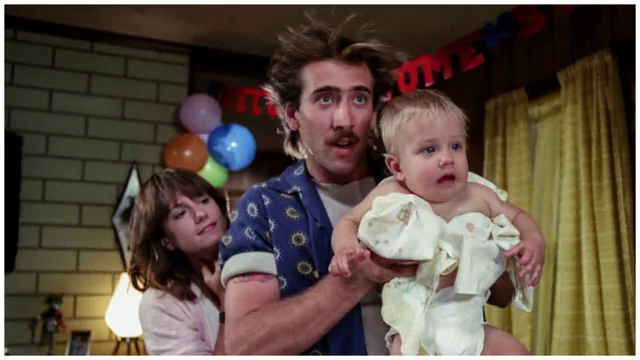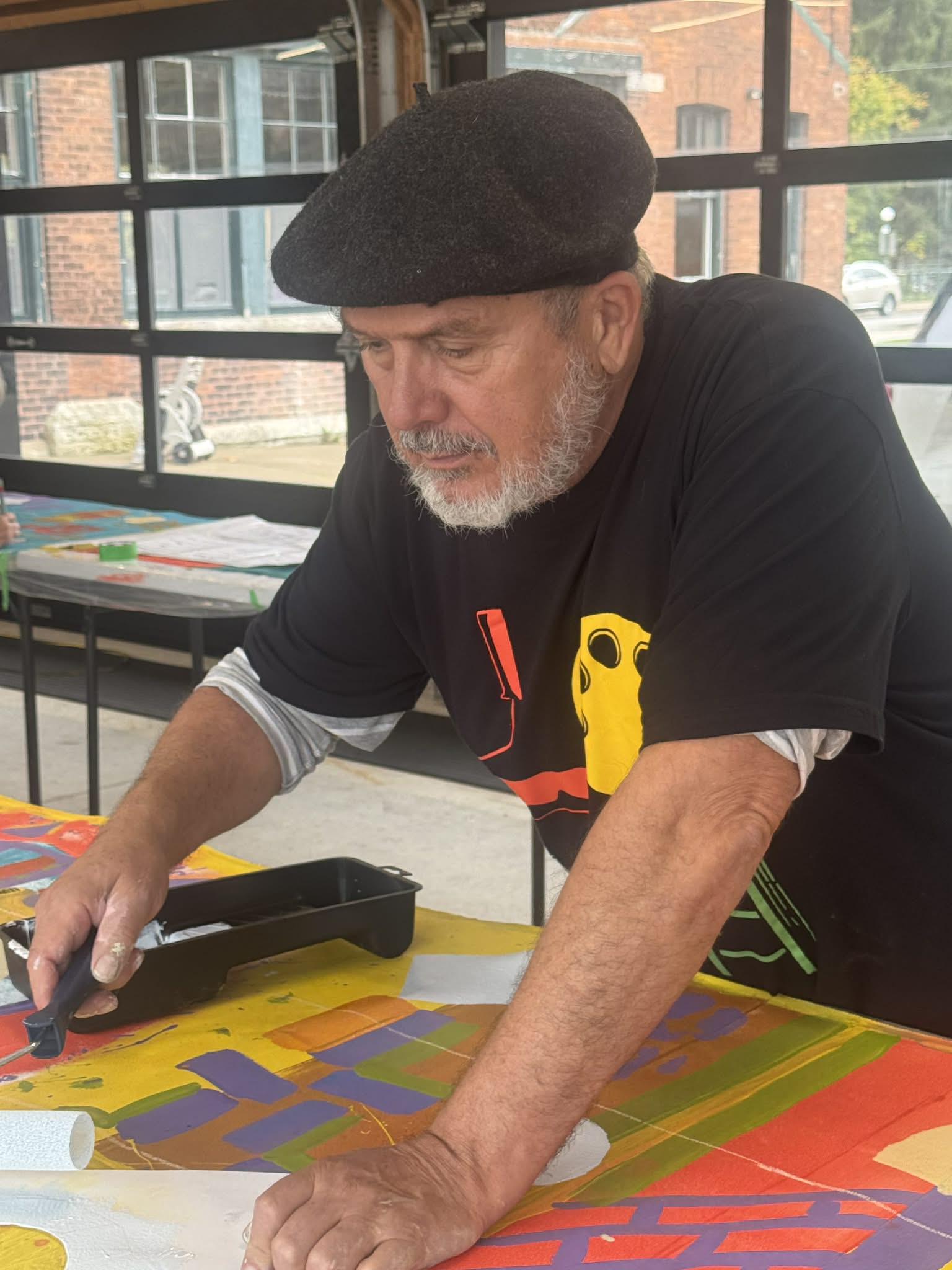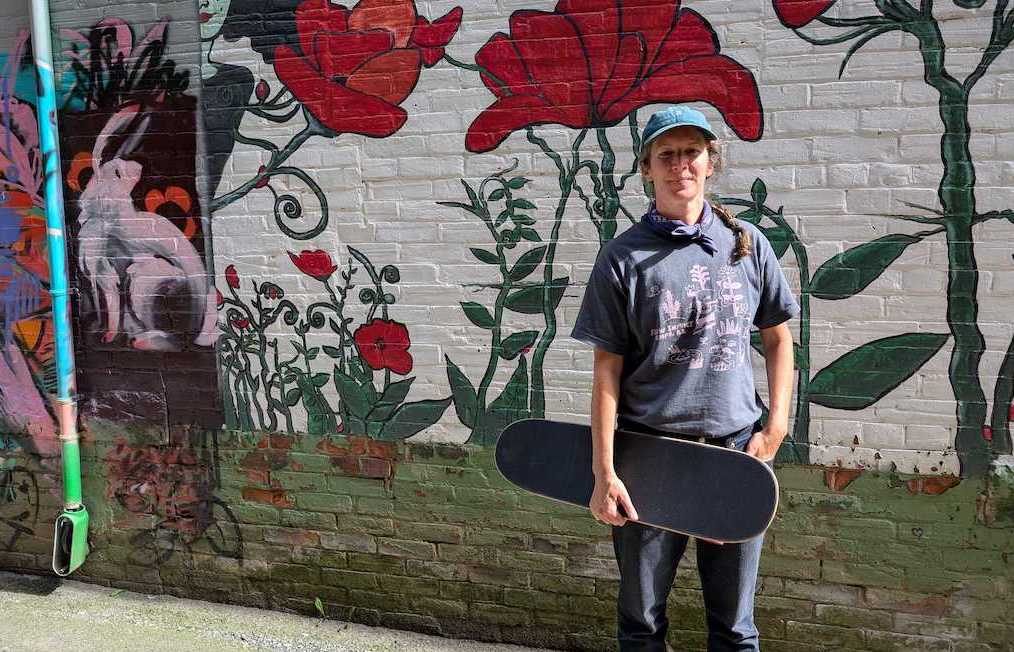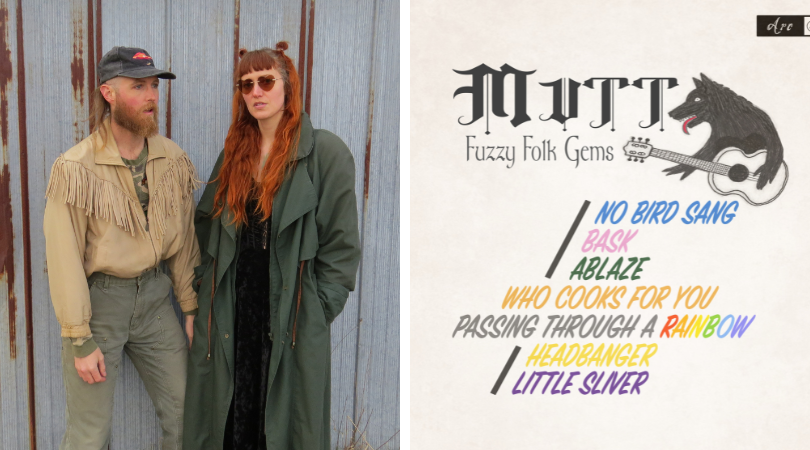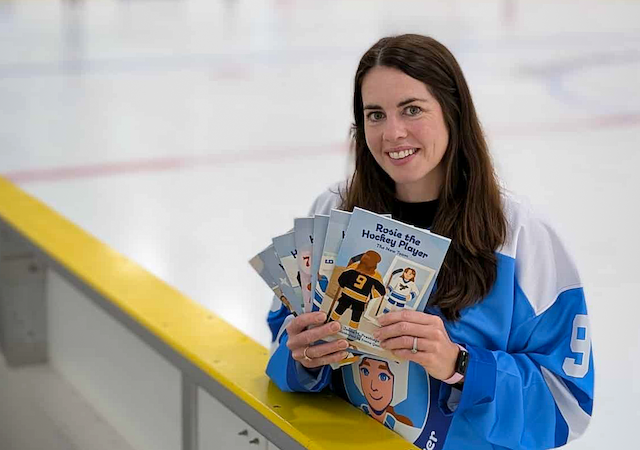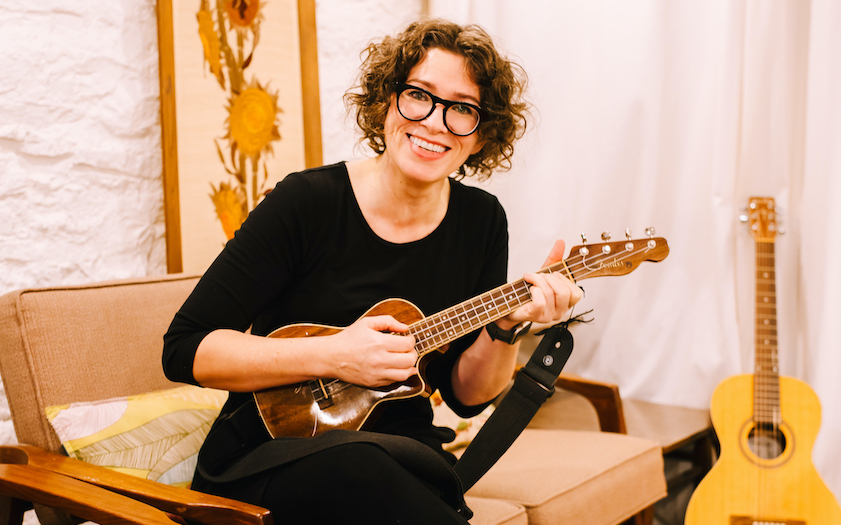The first live performance I ever took part in was at a coffee house that had been put on in the West Hill cafeteria in Owen Sound. I can’t remember if it had happened after hours or if it was during the school day—likely due to the fact that it wasn’t the only extracurricular I’d taken part in that day— but it was packed.
From Port Elgin Cafés, the Wiarton Legion and the Woodford Church, to North Bruce basements, Thornbury living rooms, Owen Sound farmers’ markets, high schoolers lined up to buy burnt coffee from Braun percolators that no one knew how to use, drop their toonies into community jars, and wedge into crowded tables to listen to punk renditions of Johnny Cash’s Hurt, or synth-heavy runs at Broken Social Scene’s Sweetest Kill.
Musicians, poets, comedians, and drama kids would bear their souls through PA systems that had seen better days… and it was everything.
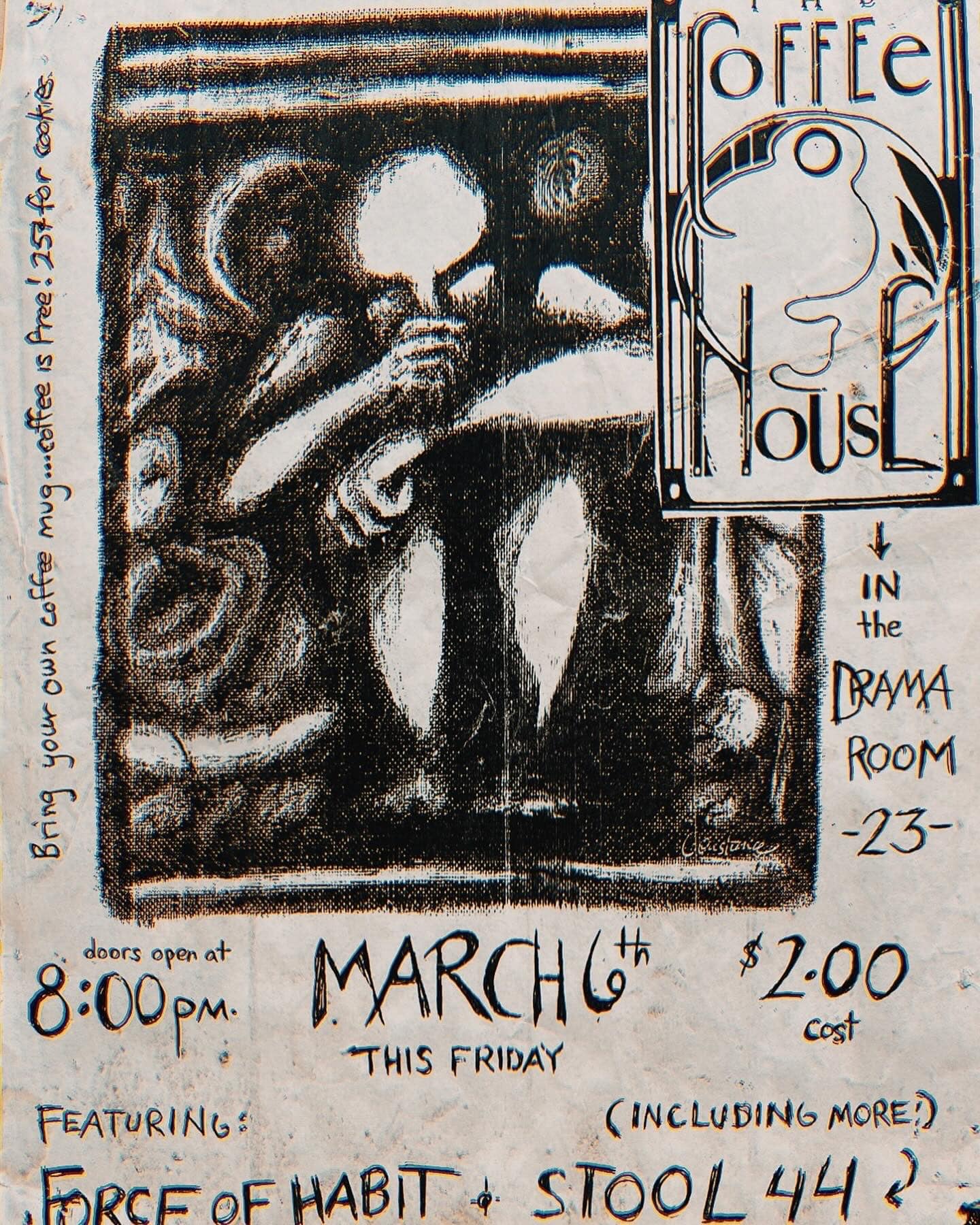
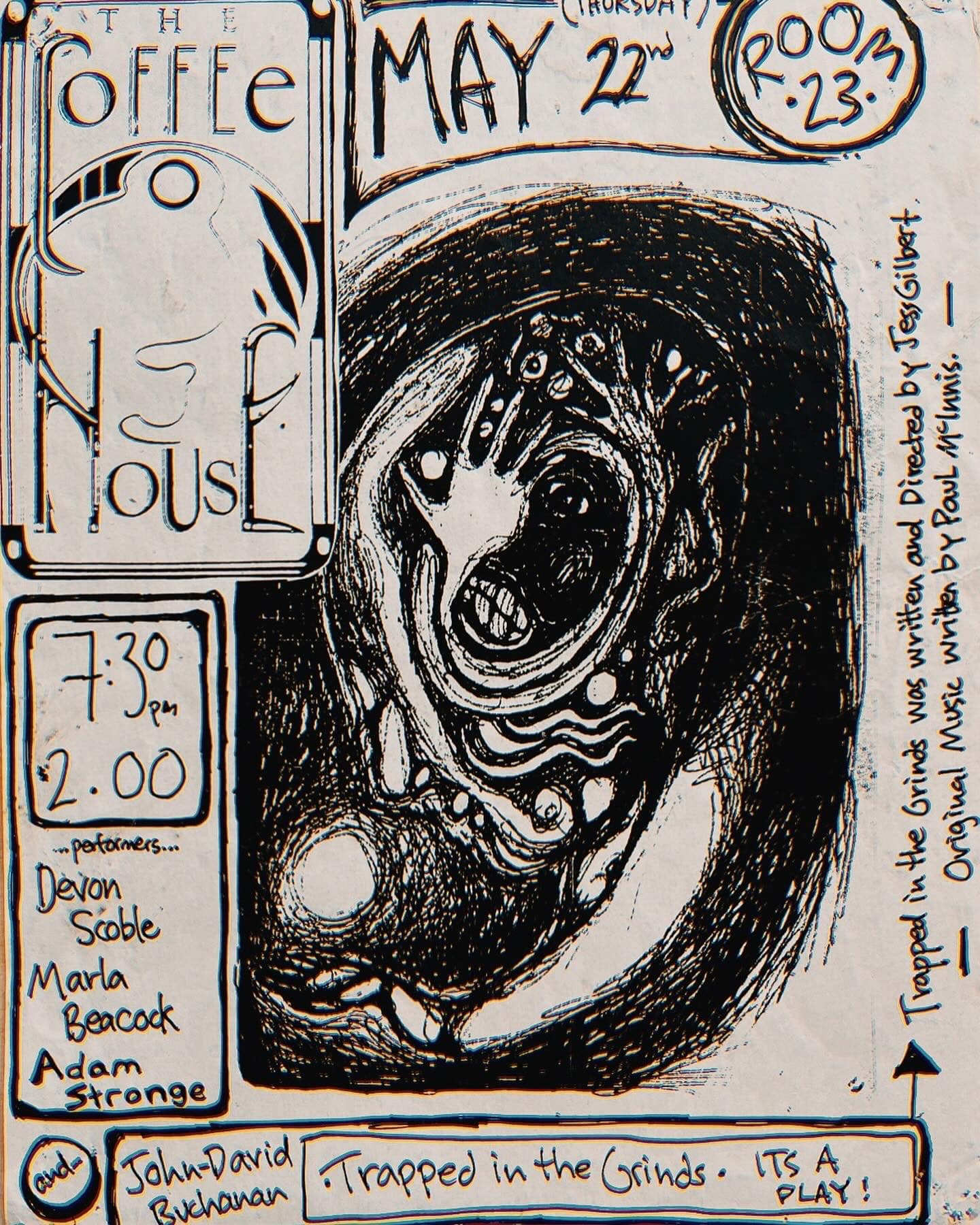
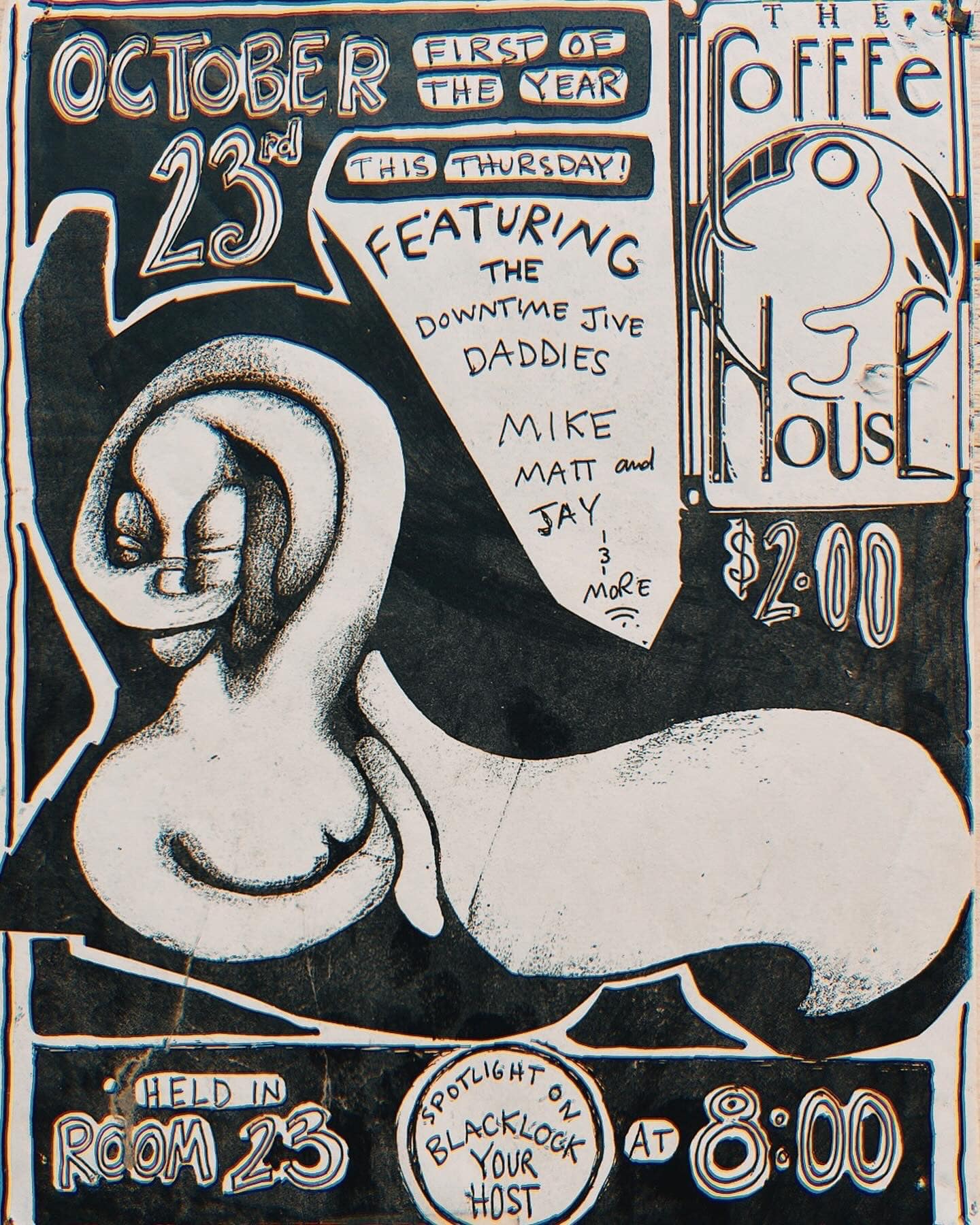
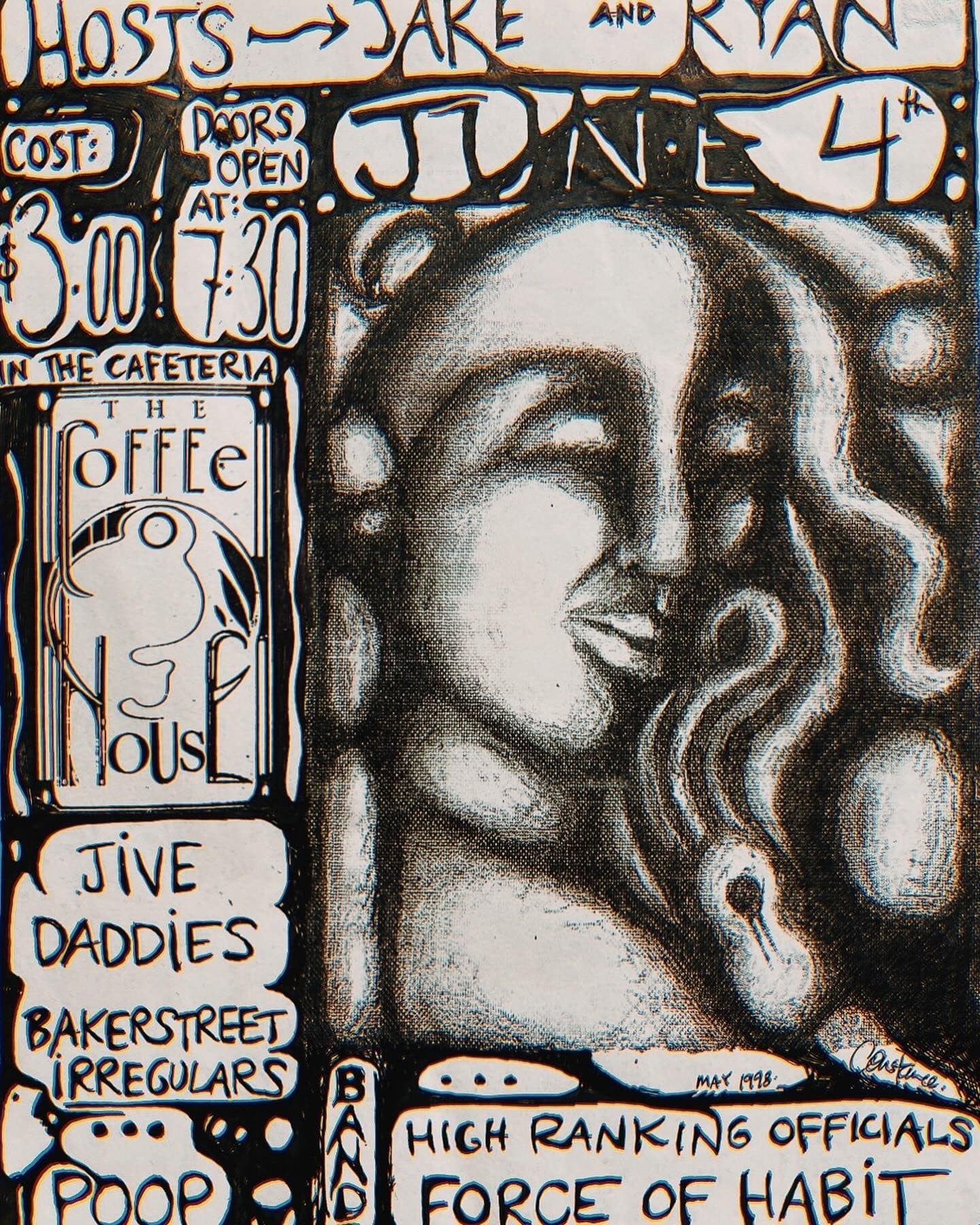
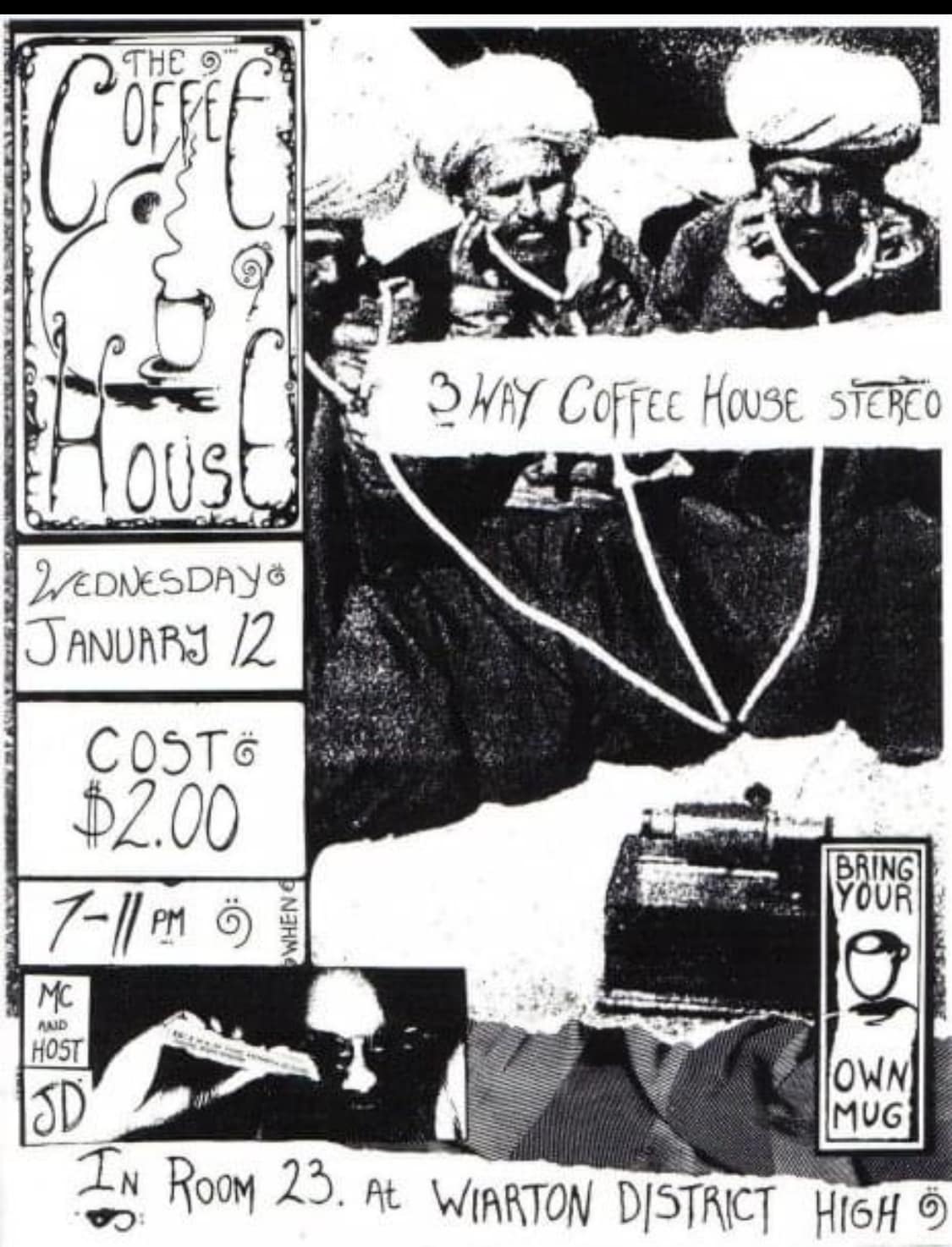
Maybe I should blame coffee houses for inflating my sense of what a show should be at a young age, or maybe things really have just changed, but if my memory serves me right, people came to coffee houses with nerves, talent, and attention; and left with an irreplaceable sense of inspiration, community and heart.
Getting to bear witness to early performances from names like Mary Cassidy, The Cody Zevenburg Trio, and Paul Danard, I might as well have been brushing shoulders with the likes of the LA in-crowd at the time. It didn’t matter that these musicians were all big fish in small ponds, because it was the only pond I knew.
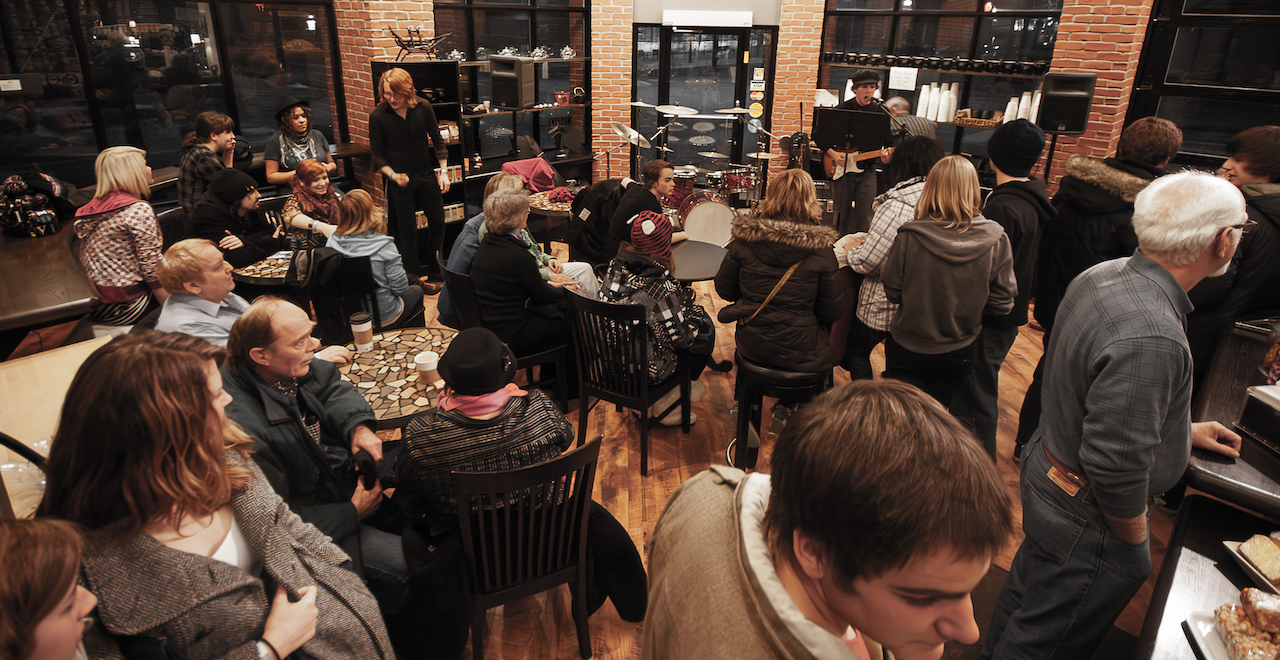
“So my question is: have we lost the art of the coffee house?”
I attended more coffee houses than I played at, but each time I left with a new sense of inspiration for songwriting or performing. I felt like I had the ultimate front row seat to a never ending pool of talent. And every time I thought I’d heard it all, someone new would pop up to the point where I never really thought about needing to leave town to “make it” as a musician.
This sentiment is one that echoed throughout the region, and while I was interested in singer-songwriter folk rock, a world of artists in different genres was being fostered all around us: punk rock in Wiarton, early electronic in the hills of Georgian Bay, growing hip hop and hardcore scenes throughout Owen Sound, and a thick coating of blues and free-loving rock ‘n roll almost anywhere you went.
So, my question is: have we lost the art of the coffee house? Are there enough events happening locally that promote this same sense of artistic community for young people?
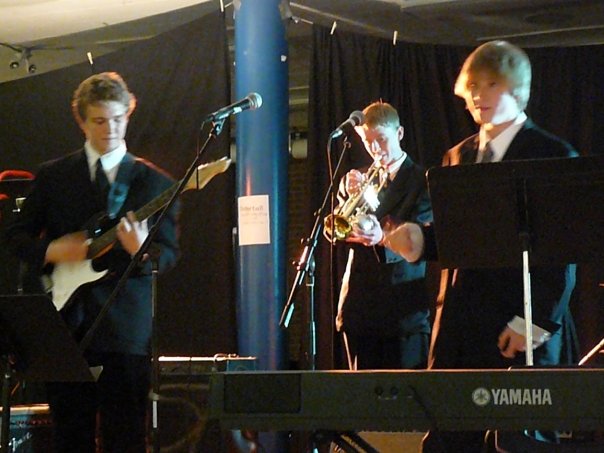
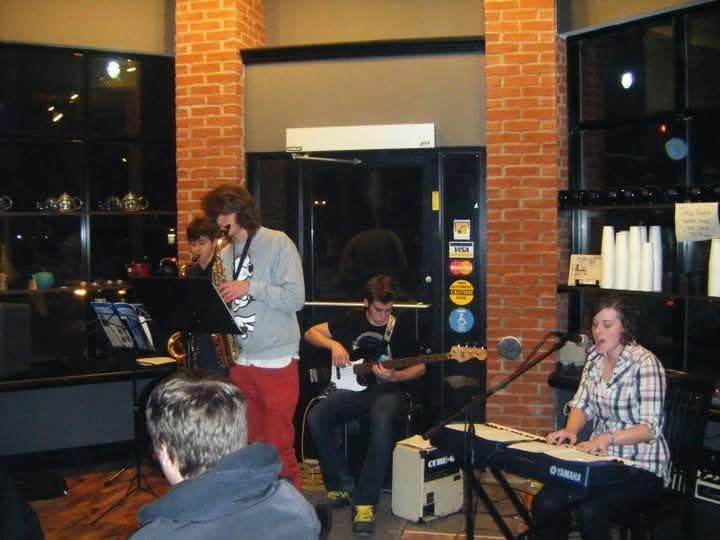
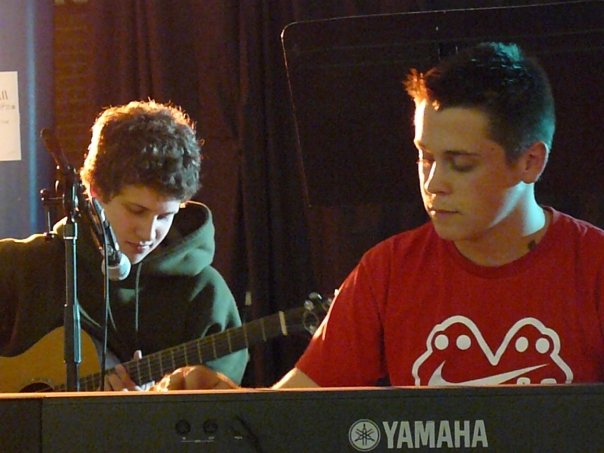
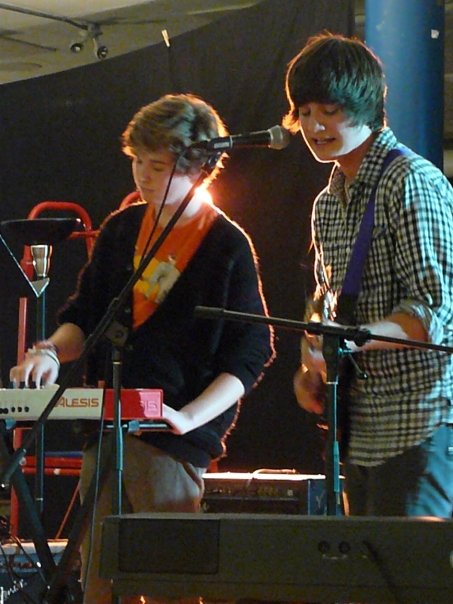
As a songwriter who existed just before success was judged by followers and vapid viral videos, the people I looked up to most were the performers I got to see playing their original music at local coffee houses, in bars, or on local folk festival stages.
This sense of musical community that operated through live performance and the promotion of originality was huge for me at that age. It created a space where the creative arts were normal, where people could get on stage and learn to grow. These events shaped the person I am today, and did so for a lot of people I know.
“What are young people supposed to do now to find music community?”
What happened to the cafeteria shows, the church basements, the house show circuits, the regular Frog Pond/ River Café coffee houses that felt, at the time, like what I imagined trying new material at Gaslight Café in Greenwich would feel like?
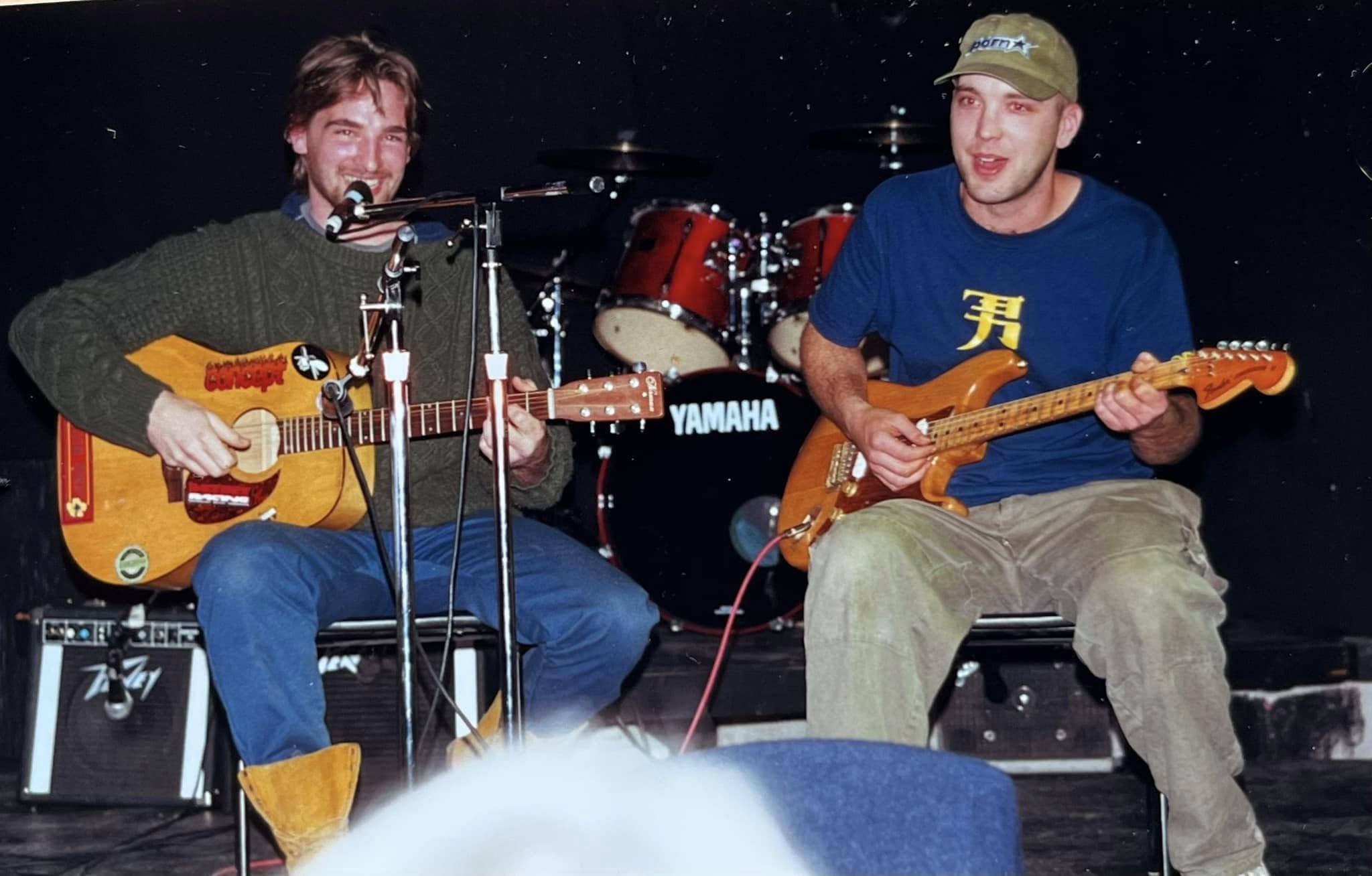
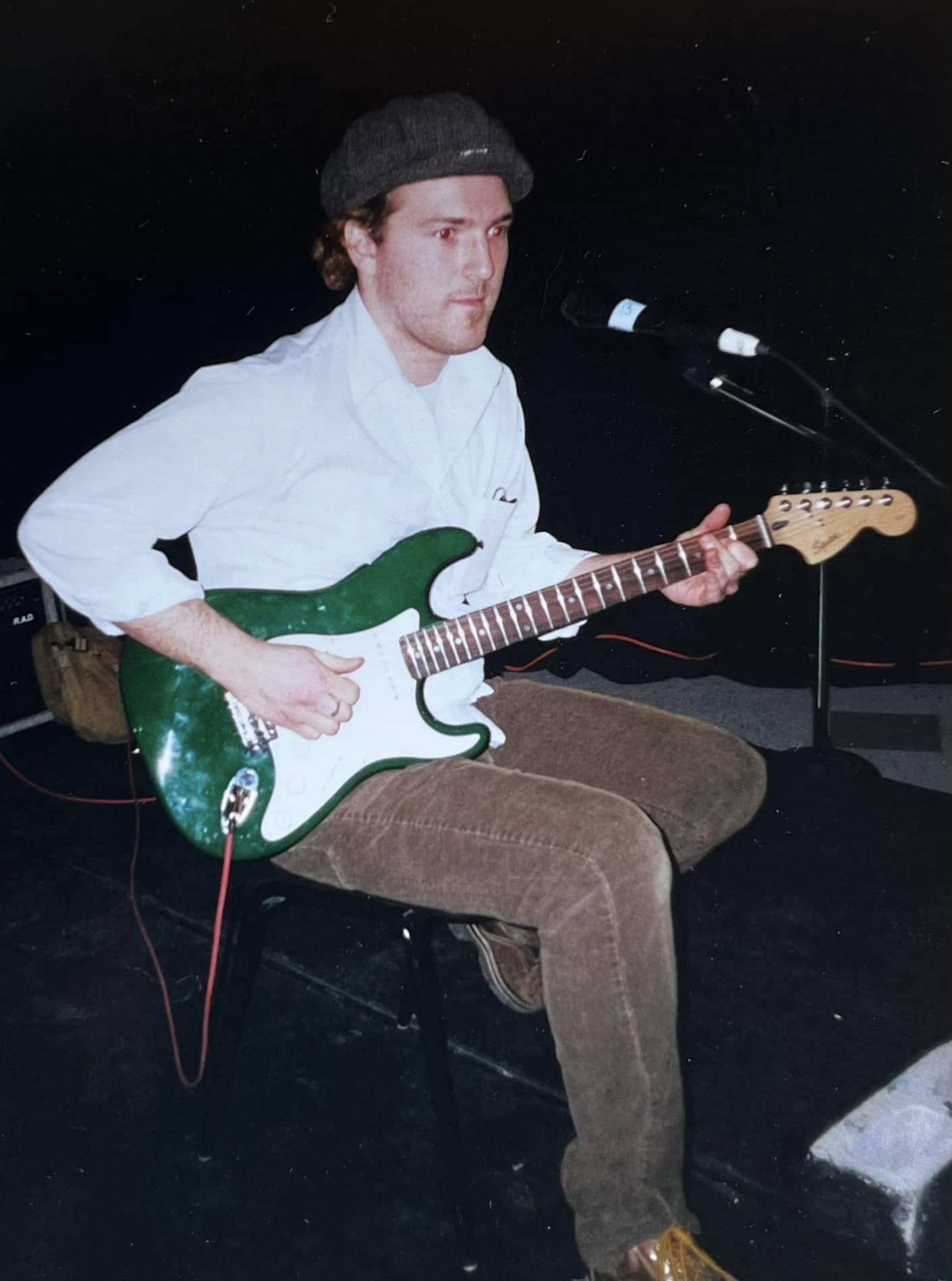
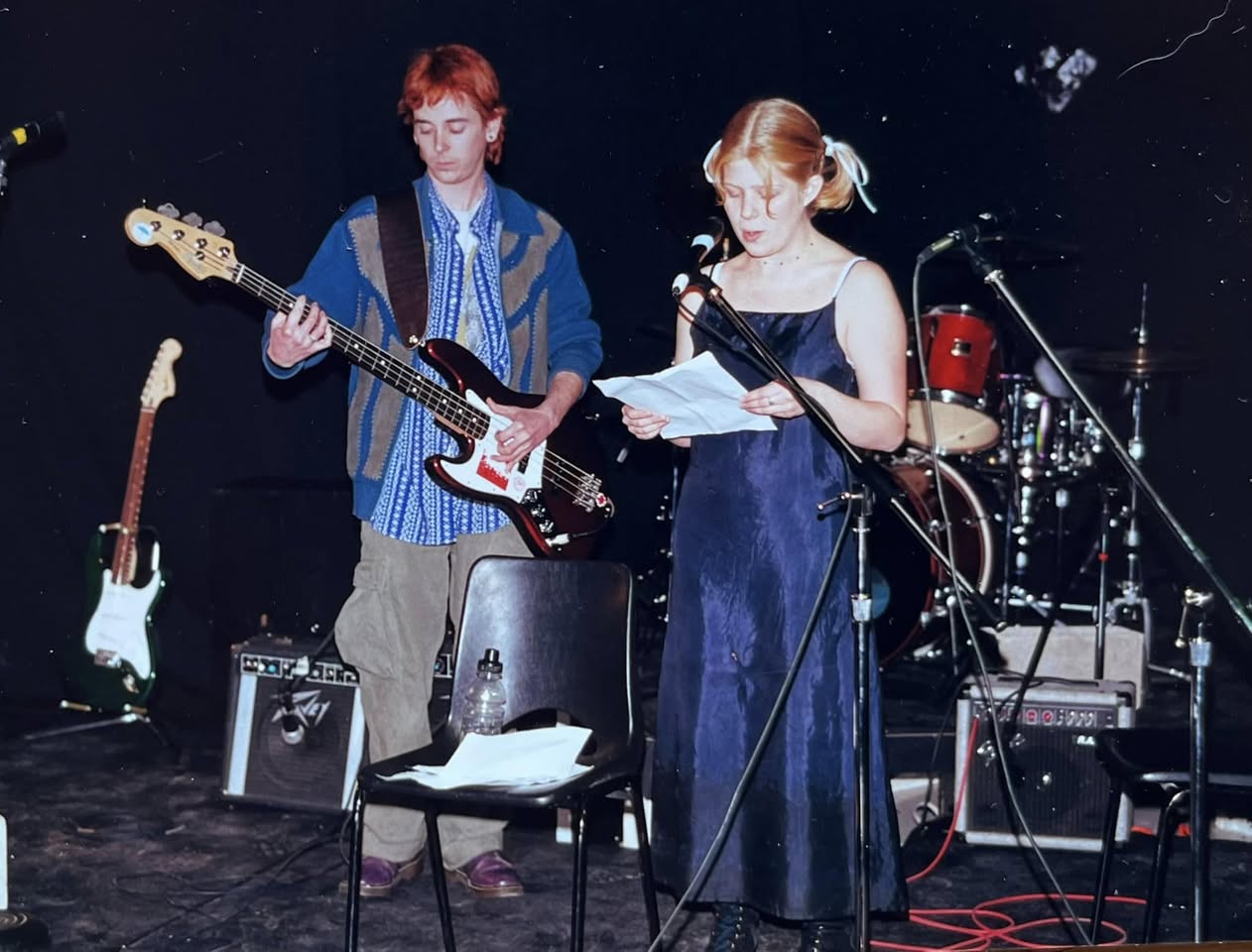
Take nostalgia out of the conversation, and you’re left with the question: what are young people supposed to do now to find music community within their community? With 19+ bars being the norm for performance spaces, where are kids supposed to go to learn from each other, to become inspired, build these important foundations for blossoming artistic futures, and more than anything, normalize making art and sharing it publicly.
Surely, we can’t leave it up to Instagram reels that prioritize commodification, fast content creation and the rest of a slew of music biz money-making-talk to influence the next round of local artists.
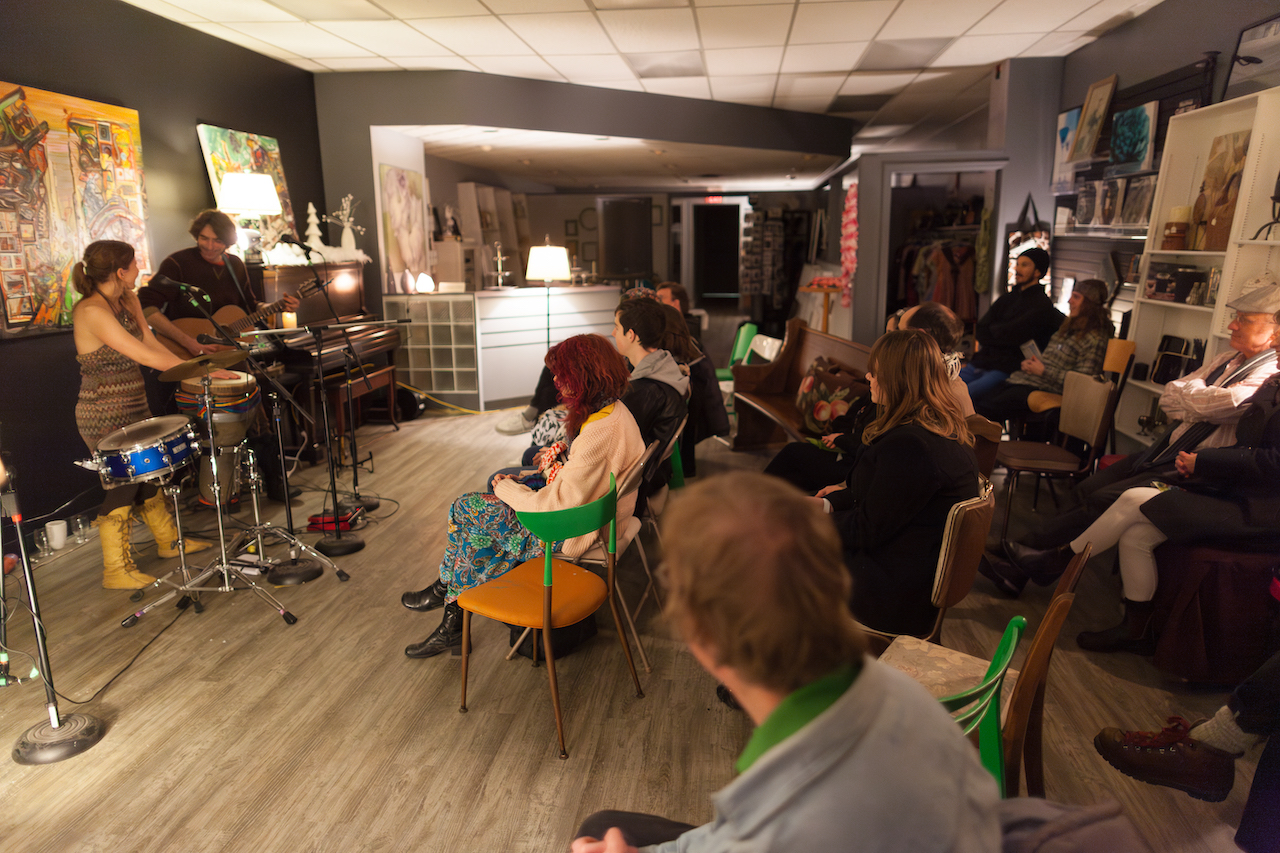
There will always be value in fostering new artistic talent from young folks, and no matter how many venues shut down, we will continue to find new ones. So long as there is a roof, a lawn, or a storage crate; there will be space for live music and talent to grow.
Music community needs to come from some place bigger than the apps on our phones, it has the power to give space to those who need it at a crucial time in their lives, and to shape a generation of artists we haven’t even met yet.
So, let’s do it. I ask you as readers to reevaluate how you can contribute to the promotion of a music scene for young people, to offer up your space, to host that jam, to make those posters, to reinstate the high school coffee house, to start up another youth rock night…all for the love of art, and the future of it.
Written by Marshall Veroni

